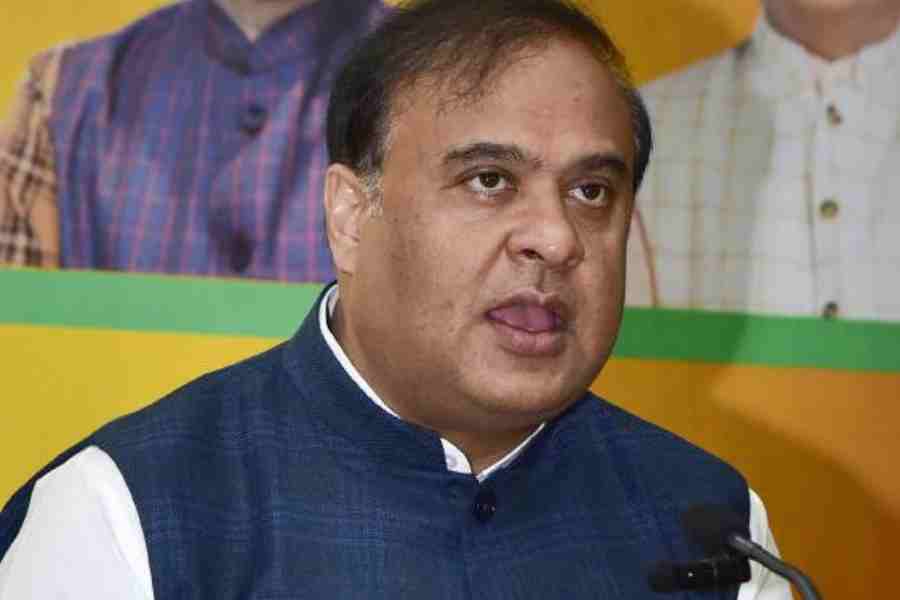Assam chief minister Himanta Biswa Sarma on Saturday said that around 150 suggestions had been received for the proposed bill to end polygamy in the state and only three of them opposed it.
The final drafting of the proposed legislation will commence now and will be completed in the next 45 days, he said.
“Update on proposed bill for banning polygamy. We have received a total of 149 suggestions in response to our public notice. Out of these, 146 suggestions are in favor of the bill, indicating strong public support. However, three organisations have expressed their opposition to the bill,” Sarma wrote on X (formerly Twitter).
The Assam government had issued a notice on August 21 seeking public opinion on the proposed law on the controversial subject.
The notice, shared by Sarma on X, had requested the people to send their opinion by August 30 through email or by post.
The Assam government had formed an expert committee on May 12 to study the legislative competence of the Assembly to enact a law banning polygamy. he report submitted by it on August 6 stated that the state legislature is competent to enact a law to ban the marital practice.
The four-member expert committee was headed by retired judge Justice Rumi Kumari Phukan and its other members were the state advocate-general Devajit Saikia, senior additional advocate-general Nalin Kohli and senior advocate Nekibur Zaman.
It was tasked to scrutinise the provisions of the Muslim Personal Law (Shariat) Act 1937, along with Article 25 of the Constitution, in relation to the Directive Principles of State Policy for a Uniform Civil Code.
Sarma in his official address on Independence Day said that a “strict act” would be enacted soon to end polygamy in Assam.
On July 13, he said the Assam government had conveyed to the authorities concerned that it was in support of the Uniform Civil Code (UCC) and wanted to ban polygamy immediately in the state.
The Opposition parties had earlier slammed the government’s decision to enact a law on polygamy. It had called the step as “diversionary and communal”, especially at a time when suggestions on the UCC are being received by the Law Commission.











